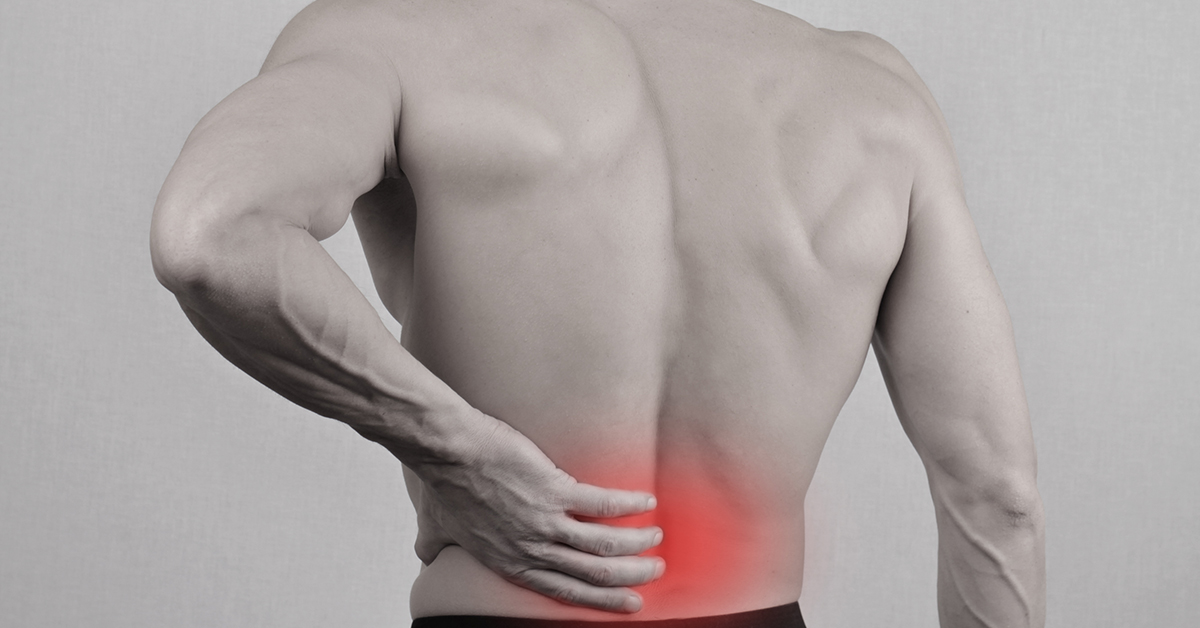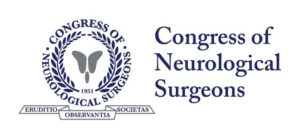
Back Pain? Join the Crowd!
If you've ever suffered back pain, you are a long way from being alone. There are estimates that at one point or another in their lives, some 80% of the population has experienced back pain. This problem is second only to colds as the reason people stay home from work. It's also high on the list of reasons for going to the doctor, the storefront medical clinic or the emergency room. Annual spending on back pain relief is estimated to be in the area of 50 billion dollars.
What's Causing My Back Pain? Muscle Strain or a Disc Problem?
Two of the most common causes of back pain are strains and sprains, and spinal disc problems. Let's take a few moments to define each condition:
Muscle strains and sprains
Muscle Strain - Muscle strain is an injury to the muscle tissue or the tendons that attach muscle to bone. The muscle or its tough connective tissue can be overstretched, twisted or torn. This kind of injury can be caused by overexertion. Sometimes strains result from playing sports, lifting, bending or twisting by people who are not in peak physical condition
Sprain - Sprains affect the ligaments, the bands of fibrous tissue that connect and cushion the places where two bones meet. Sprain injuries can often result from a sudden impact: a fall, a tackle or impact with another player in sports, or an auto accident.
Disc Problems
Herniated Disc - Also known as slipped disc or ruptured disc, this is a displacement or bulge in one of the meniscus discs, the shock absorbing cartilage tissue that separates the bones of the back (known medically as the vertebrae). More common in the lumbar region, or lower back, a herniated disc is the result of long term wear and tear. The tough outer layer of the meniscus protects a more gel-like inner section called the nucleus pulposus. Herniation or rupture results from a tear or split in the outer layer, allowing some of the nucleus pulposus to push out of the disc. The vertebral bones can shift on the misshapen disc. If the bones press against the sciatic nerve, a part of the spinal cord that travels down the leg, the result can be sciatica, an extremely painful condition that can be accompanied by tingling, numbness and weakened muscle control. A sneeze or cough can jolt the affected area of the back, setting off spasms of pain.
Conservative treatment of herniated disc can include rest, anti-inflammatory medicine, elevated legs and cold or warm compresses. If the condition persists, there's a risk that decreased muscle tone from inactivity could make the condition more likely in future. If that seems to be your situation, your doctor might recommend an epidural injection of cortisone in the affected area of the back, to reduce inflammation and swelling. In persistent chronic cases, especially when neurological deterioration is progressive, surgery could be the best option.
Healthy Back Tips
These are the best ways to avoid lower back injury, but we hear them so often, it could almost be mom telling us what to do:
Lift carefully - You've heard it before: "lift with your legs." One way to avoid hurting your back while lifting something is to avoid bending over. Flex our knees and squat, or better yet, get someone to help you, to spread the load.
Stand up straight - Keep your shoulders back, your chin up, and your chest out when standing or walking; sit up with both feet on the floor, and sleep on your side on a firm mattress, just as mom always said.
Choose Your Shoes Carefully - High heels, cowboy boots and flip-flops can be risky because they can set off a kinetic chain of stress that starts in the feet and has painful consequences in the lower back. If you're getting started with walking, jogging or running for exercise, spend the time and money necessary to research and buy appropriate footwear.
Stretch Before and After Exercise - Warming up and cooling down your muscles is vital to injury-free activity, more and more as you progress from adolescence through adulthood to old age.


